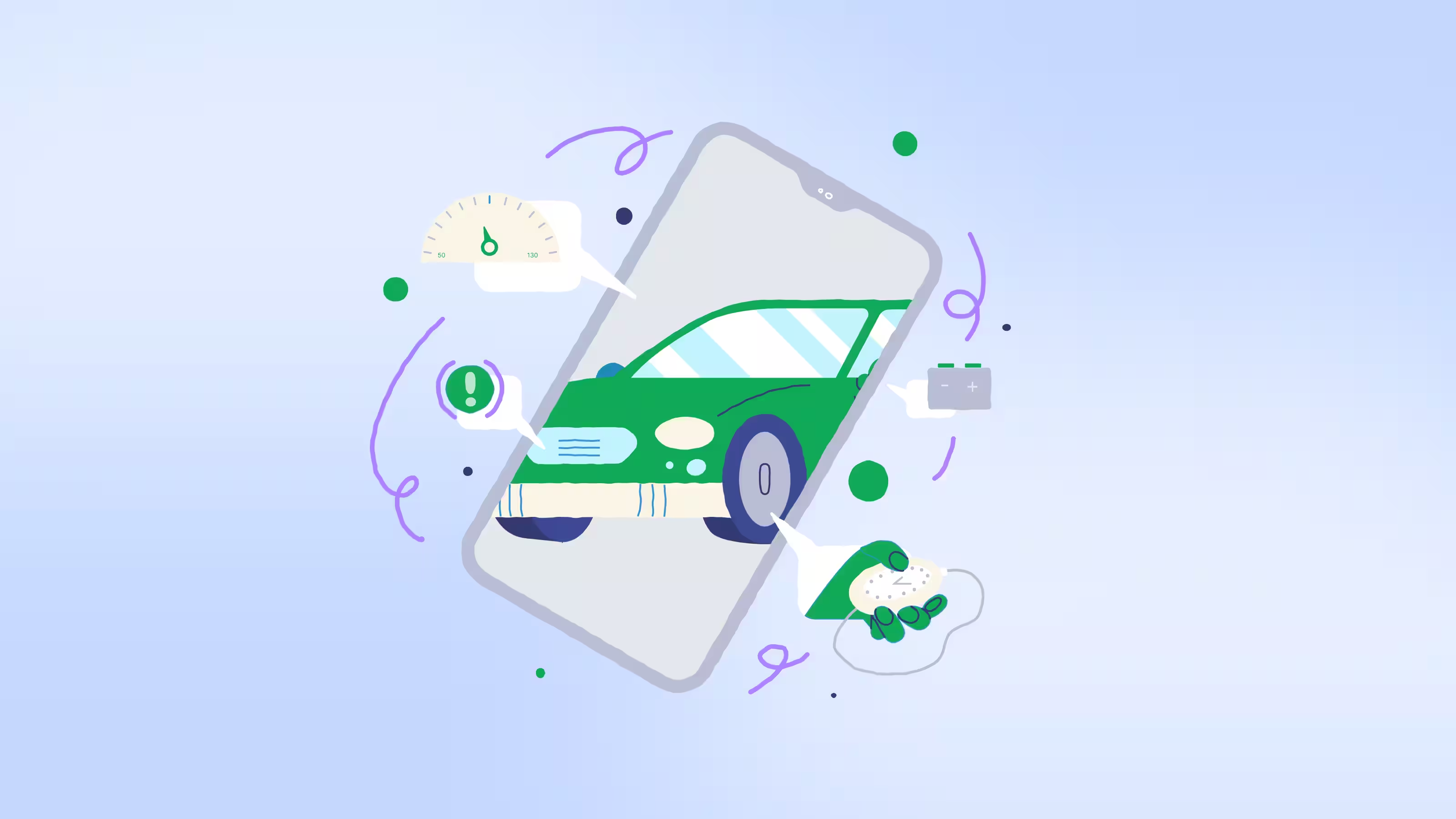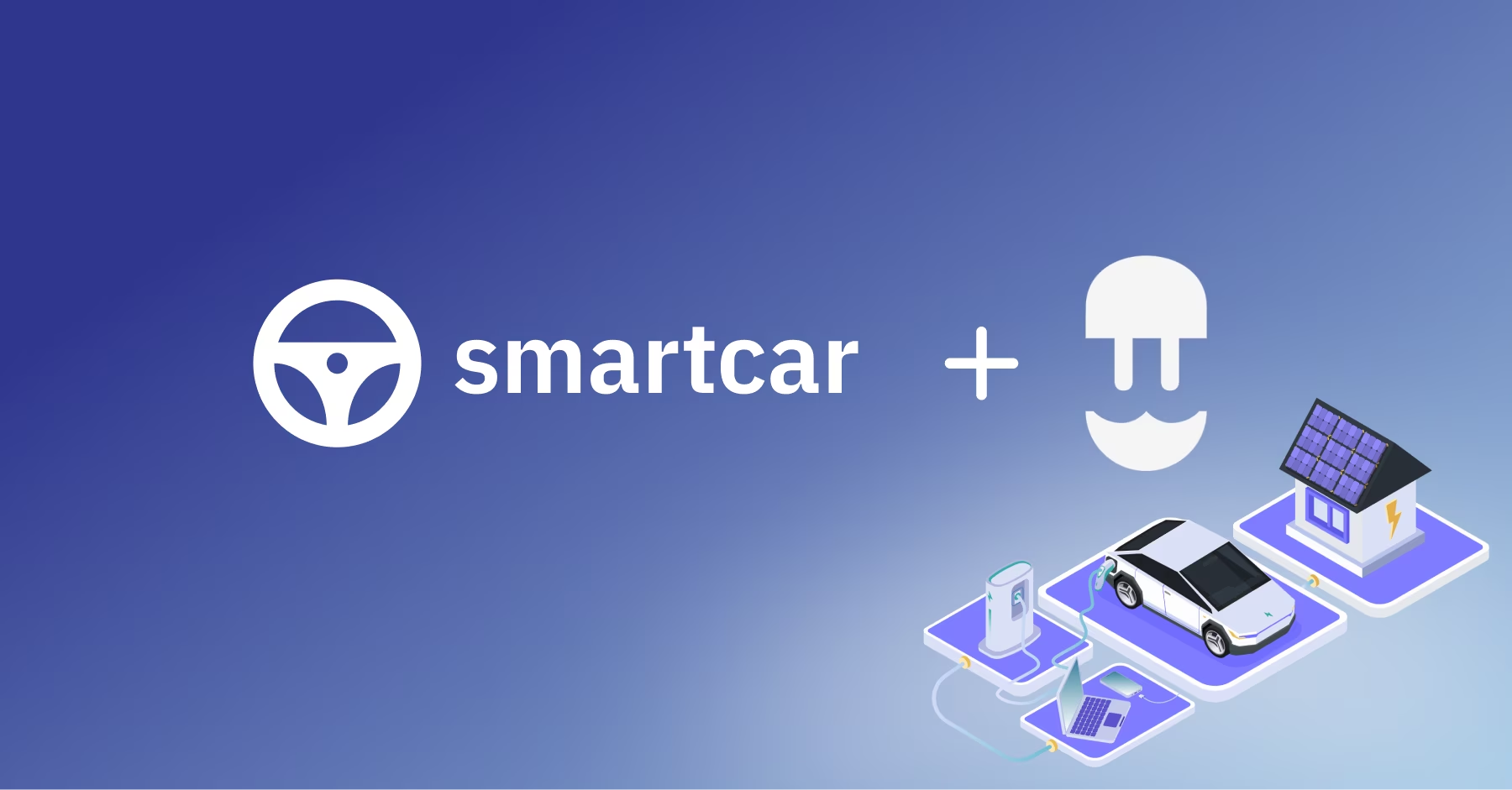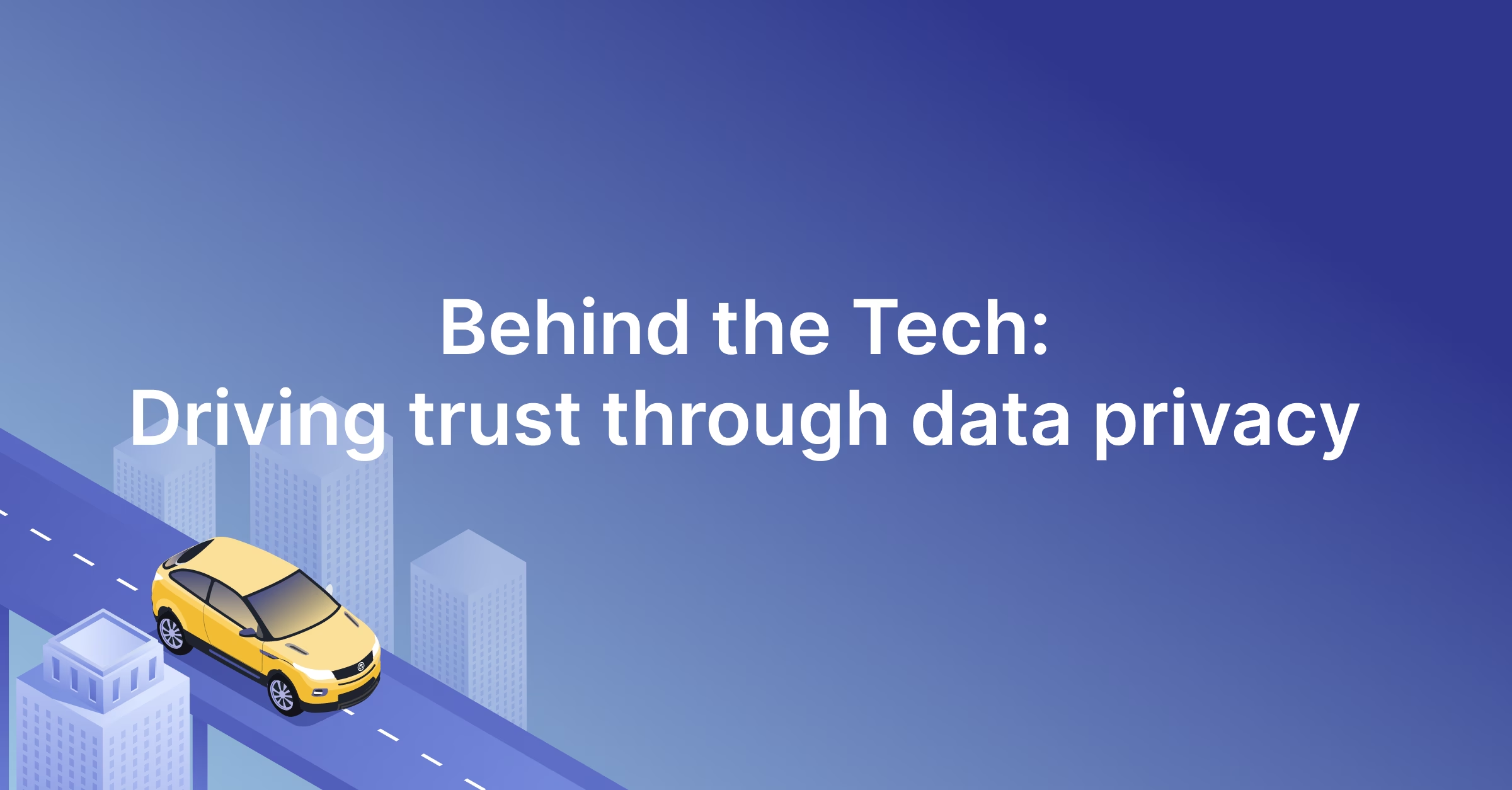Bringing a car into the repair shop is a stressful experience for many drivers.
And it’s just as stressful for technicians who have to communicate with different types of stressed-out customers to keep them happy enough to come back.
Coupled with the recent volatility of auto repair costs, high volumes of services, and growing impatience toward any service business, auto repair shops can no longer ignore the weight of building a great customer experience. Yes, the kind of CX that doesn’t add any kind of stress.
Auto dealerships, for example, were flagged as a high-risk industry in recent research on customer experiences. The 2025 study found that global business losses from bad customer experiences were up $119 billion this year, bringing the total to a whopping $3.8 trillion.
Our 2025 State of Connected Car Apps report revealed that drivers knew exactly what they wanted from their auto repair experience. When asked about the most valuable use case of connected car data, auto repair was voted the second most popular, trailing behind auto insurance.
Drivers had a clear idea of pain points, and customer communication, transparency, and convenience were top of mind.

Based on the findings from our report, here are five software features that drivers want auto repair services to adopt.
Feature 1: Real-time vehicle health reports
Nearly half of the drivers seeking data-driven auto repair services reported that they find the most value in real-time vehicle health reports. These reports give vehicle owners instant access to health metrics that can help identify vehicle issues before they arise.
Reports give drivers real-time visibility and transparency into upcoming service needs. But beyond that, they help drivers make the shift toward proactive service instead of reactive vehicle checks.
For example, vehicle software, Bumper, used car data to add predictive maintenance alerts to its core vehicle history report product.
“By providing our users with accurate suggestions for when they need maintenance, we’re able to satisfy their needs as a car owner much longer,” said Alessandro Mannino, Associate Vice President of Product at Bumper.
With car APIs like Smartcar, auto repair shops can also adopt this software-led approach. Businesses can use vehicle data to create simple, personalized dashboards that highlight key metrics, trends, and service milestones. From there, you can set up automated workflows that alert customers when specific metrics or milestones are reached. Connected car platforms like Smartcar are built for adaptability, so you can retrieve vehicle data and feed it seamlessly into existing communication channels — whether that’s a mobile app, web portal, or traditional outreach like text and email.
Feature 2: Cost estimations based on vehicle diagnostics
Data from the 2024 AAA Your Driving Costs report found that the annual cost of owning and operating a new vehicle was $12,297, which includes average rates for gas, insurance, maintenance, and taxes.
It’s easily one of the biggest purchases for many households. So, it’s not surprising that vehicle owners are cautious how much they spend on maintenance that falls outside predictable routine checks.
Our respondents from the US cited high repair costs as their biggest pain point for auto repair, while those in Europe ranked cost as their second biggest concern. These drivers believe that vehicle data and accurate diagnostics information can help repair shops generate more accurate estimates about services. The benefit of this is twofold for repair shops:
- Drivers can prepare themselves for upcoming costs early, reducing pushback later.
- Drivers get early visibility into the factors influencing prices, eliminating any distrust that could deter customers from returning.
Feature 3: Predictive maintenance alerts for vehicle issues
Predictive maintenance alerts are sent to vehicle owners before vehicle issues escalate into anything disruptive.
With real-time vehicle data, a driver with 58,000 miles on their vehicle could receive a notification saying:
"Our data indicates that vehicles with similar mileage often require a brake pad inspection within the next 2,000 miles. Schedule an inspection soon to ensure optimal braking performance and safety."
How does that work? Access to a vehicle’s odometer readings. For example, auto repair businesses can use Smartcar’s odometer API to retrieve mileage data directly from a vehicle’s telemetry system via API or a flat file. That data would be used to power more accurate audience segmentation for proactive communication.
This gives vehicle owners more convenience when managing their vehicle maintenance schedules while also building urgency for them to visit a repair shop. While seasonal reminders are easy to ignore, drivers have less reason to turn down an offer that’s timely and tailored toward their current vehicle condition.

Feature 4: Tailored recommendations
Beyond vehicle health alerts, drivers also want recommendations that help them understand where they are in their vehicle maintenance journey and what they need to prepare for in the future.
While a predictive maintenance alert would prompt drivers to book services to address a specific issue, tailored recommendations are a recurring resource. It’s important that repair shops continue to stay visible and in communication with customers in between visits so they remain top-of-mind when service needs arise. This can include:
- Recommendations for nearby service providers based on their vehicle’s last known location.
- VIN-level data to reference manufacturer-specific service milestones.
- Reminders for upcoming warranty deadlines or expiring service coverage.
- How-to guides or videos to help drivers understand upcoming service milestones.
- Service bundling suggestions based on past maintenance history.
Feature 5: Maintenance appointment scheduling
Drivers also want to use data to help them act quickly. A poor experience scheduling maintenance appointments can deter potential customers from returning to a repair shop. But the software-first nature of car data gives you the flexibility to streamline your entire front-end customer experience.
With accurate, real-time data, you can tie in maintenance scheduling as a call-to-action right into your proactive communication. Imagine having that ability to:
- Review mileage and service history to calculate when service is due.
- Select recommended services based on a vehicle’s current performance or health.
- Use these tailored insights to review appointment availability and share with customers directly.
Here’s what that could look like in action:
“You’re due for an oil change! Based on your mileage and last visit, your car’s ready. We have a few slots open this week — click here to schedule an appointment.”
The growing urgency for data-driven auto repair
Auto repair isn’t what it used to be, and drivers aren’t either.
Consumers today are bracing themselves for price increases and uncertainty surrounding various aspects of the vehicle ownership experience. Between inflation, rising repair costs, and tighter household budgets, 2025 will push cost transparency up the priority list.
Businesses in the mobility space have a responsibility to help them navigate these changes, prepare for what’s next, and make the right decisions.
If you’re not prioritizing customers by offering personalization, convenience, and excellent communication, they will seek a business that can.
In our 2025 State of Connected Car Apps report, drivers told us exactly what’s missing: upfront cost estimates, tailored alerts, easier scheduling, and better communication. These aren’t really new ideas. They’re long-standing frustrations that are finally being met with technology capable of solving them.
Repair shops that lean into these features today will continue to stand out and stay ahead by:
- Proactively engaging customers before vehicle issues escalate.
- Offering value-added services that meet drivers where they are.
- Delivering communication and calls to action with relevance and urgency.
Smartcar helps businesses access the vehicle data that makes these features happen, like mileage and location, without hardware. Book a meeting today to learn how.




.jpg)

